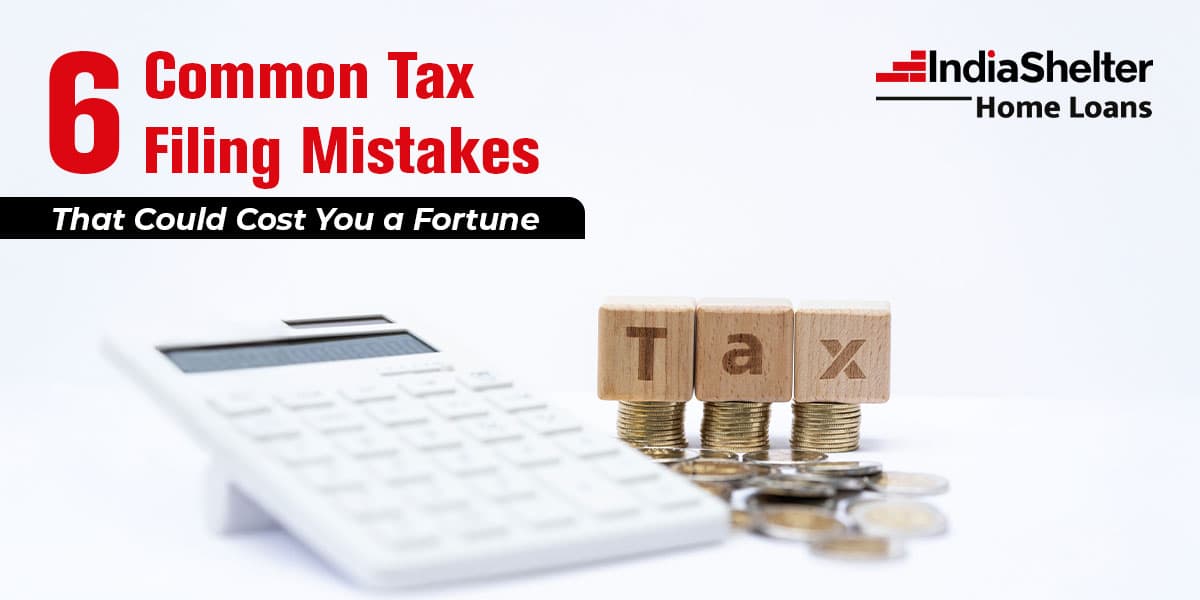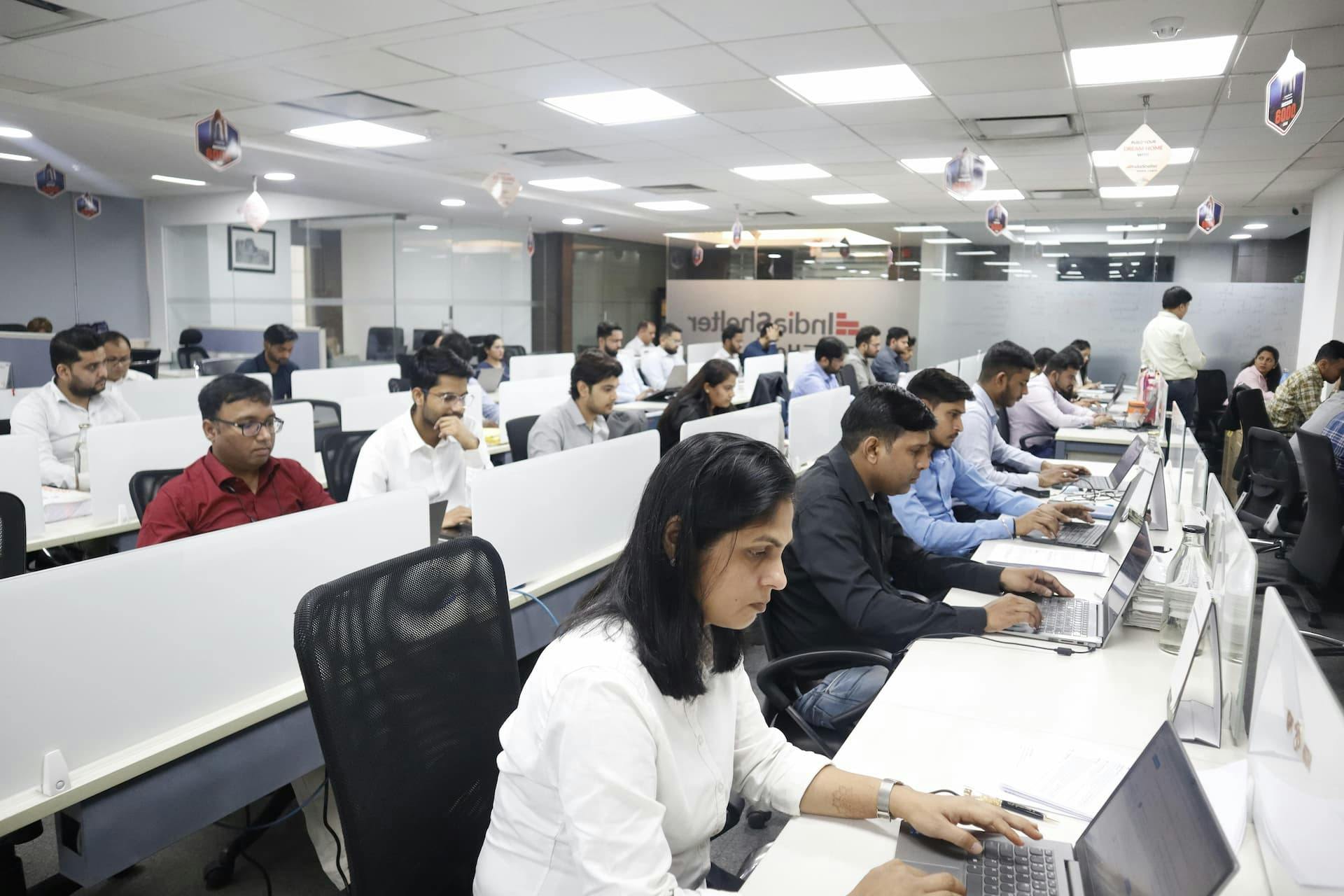What are the Home Renovation Loan Tax Benefits in 2024?

Published on :2024-01-29
Owning a home often involves inevitable upkeep and occasional repairs. Maintenance remains an ongoing necessity, from minor fixes like plumbing to major endeavours such as revamping exteriors or overhauling roofs and floors. Even without repair needs, periodic interior renovations become part of homeownership.
Fortunately, homeowners can find relief through specific income tax deductions applicable to loans taken for home improvement purposes. Financial institutions offer specialised loans for repairing, reconstructing, or renovating homes. The interest payments on such loans qualify for income tax deductions. So, without further ado, let's explore the loan tax benefits available for home improvements or reconstructions in 2023.
Interpreting Home Improvement Loans According to Income Tax Regulations
Understanding the rules set by the Income Tax Department is important when considering a home renovation loan. This financial endeavour offers the advantage of tax deductions, with payments made toward enhancing your home.
These deductions extend not only to loan repayments but also to direct payments by homeowners themselves. The concept of "home improvement" covers a broad spectrum, incorporating diverse renovation and construction activities.
This has endeavors like creating new spaces within your home or enhancing existing ones to increase the property's value and functionality. However, it's important to note that certain limitations are in place regarding what qualifies for tax deductions. Expenses related to purchasing items like furniture or appliances, typically considered consumer durable goods, might not fall under eligible expenses for tax deductions in the context of a home improvement loan.
The focus remains on expenses that directly contribute to the property's structural enhancement or functional improvement, ensuring that the investment aligns with the qualifying criteria outlined by the Income Tax Department for better tax benefits.
How House Repair Tax Deduction in India Works?
The house repair tax deduction mechanism in India operates under the purview of Section 24(b) of the Income Tax Act. This provision facilitates a tax rebate on the interest paid on a home renovation loan. Individuals can claim a rebate of up to ₹30,000 annually on the interest component of the loan, provided they fulfill the residency requirement by living in the renovated house.
However, it's crucial to note that Section 24 imposes an overall cap of ₹2 lakhs per annum for combined deductions with both home loan and home improvement loan interest rates. This means that the total deduction an individual can claim on the interest payments of these loans, collectively, cannot exceed ₹2 lakhs within a fiscal year. Understanding these limitations and eligibility criteria is pivotal to effectively leverage the home renovation loan tax benefit offered under Section 24 for house repair purposes.
Calculating Home Renovation Loan Tax Savings
When determining the tax savings linked to a home renovation loan, it's crucial to understand that the rebate (a partial refund or deduction from the total amount due) is specifically applicable only to the interest portion of the loan. This exclusion pertains to the principal amount borrowed for home improvement. For example, suppose you've already claimed ₹1.8 lakhs as a deduction on your home loan interest. In that case, you're left with a potential rebate of up to ₹20,000 on the home renovation loan interest rate paid for your home renovation loan interest rate within the same fiscal year.
Understanding this distinction between the principal amount and the interest component is crucial while assessing the tax benefits. It's imperative to maximize the deductions on the interest payments made for the house renovation loan to optimize the overall tax savings available under relevant provisions of the Income Tax Act.
Understanding Repair and Maintenance TDS During Home Renovation
During home renovation projects, contractors engaged for various services could fall under the purview of Tax Deducted at Source (TDS) governed by Sections 194C or 194J of the tax regulations. The application of these sections hinges on the nature of the services offered by the contractor and the prescribed billing thresholds.
Under Section 194C, TDS becomes applicable if the contractor undertakes non-technical work and the payment surpasses ₹30,000 for a single transaction or ₹1 lakh within a financial year. Alternatively, Section 194J applies when the contractor provides professional or technical services, like those rendered by an architect or civil engineer, and the invoice amount exceeds ₹30,000.
Following these TDS regulations is crucial as it ensures compliance with tax laws and establishes eligibility for potential deductions related to house repair expenses. Comprehending and implementing these regulations correctly during home renovations is fundamental to maximizing tax benefits while following the law.
The Bottom Line
Home renovation projects often necessitate significant financial investments, but they also offer the advantage of specific income tax deductions, providing relief to homeowners. Understanding the details of these tax benefits is crucial when considering a home renovation loan.
The Income Tax Department outlines specific criteria for deductions related to home improvement loans, emphasizing structural enhancement or functional improvement. While interest payments qualify for deductions, it's vital to discern between the principal and interest components to optimize tax savings effectively.
Moreover, navigating Tax Deducted at Source (TDS) regulations during home renovations is essential. Adherence to these guidelines ensures compliance with tax laws and establishes eligibility for potential deductions associated with house repair expenses.
Thus, comprehending and leveraging these tax benefits and regulations not only aids in maximizing savings but also facilitates a financially sound approach to home renovations and repairs in 2023.
Related Blogs

2025-04-14
Surprising Budget Changes That Will Impact Your Wallet
Explore major budget shifts affecting savings, loans, and expenses. Stay ahead with insights on financial changes that could impact your wallet this year.

2025-04-14
Online vs. Offline Loan Applications: Which is Faster and Easier?
Discover the key differences between online and offline loan applications. Learn about their benefits, processes, and choose the right option for your needs.

2025-04-10
Common Tax Filing Mistakes That Could Cost You a Fortune
Learn about common tax filing mistakes that can cost you money. Avoid errors, maximize deductions, and ensure a smooth tax filing process with these tips.
Disclaimer: *By contacting IndiaShelter on Toll Free/WhatsApp/Website or any other mode, you authorize our representatives to reach out to you through personal communication via SMS, WhatsApp and phone calls regarding our services. This consent will supersede any registration for any Do Not Call (DNC) / National Do Not Call (NDNC).
© India Shelter Finance Corporation 2024 | All rights reserved
Design with byCyberworx





